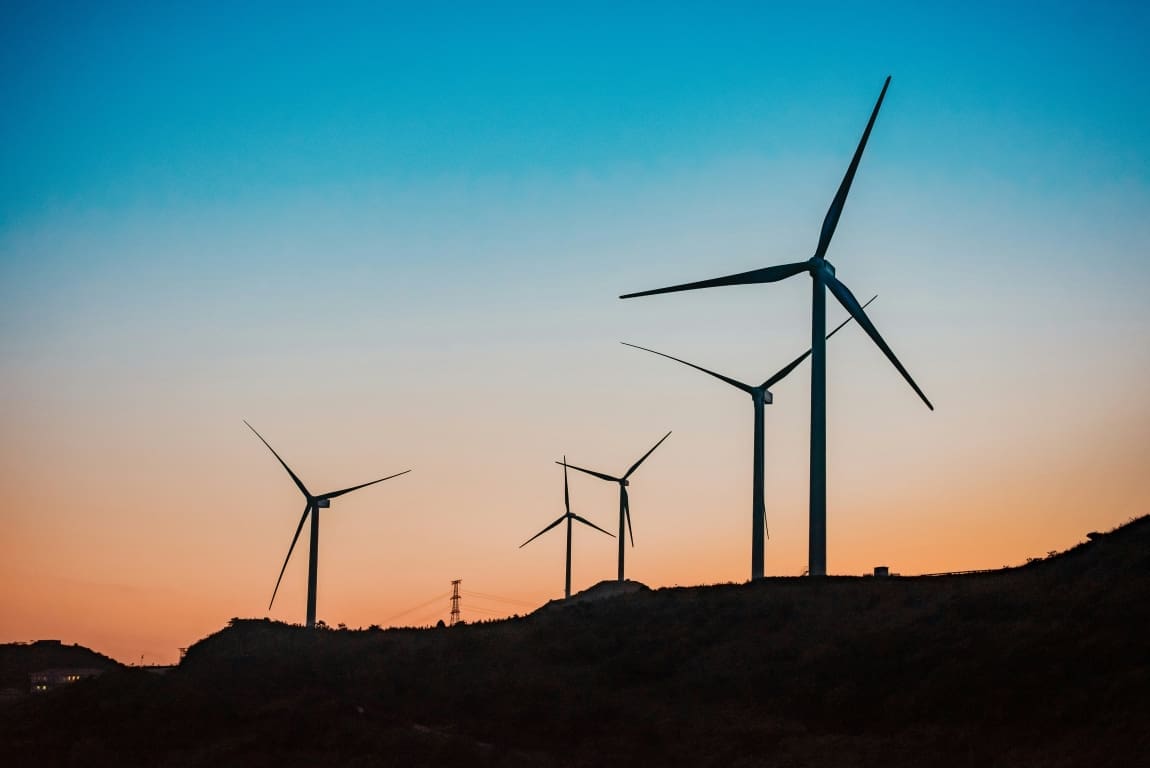By the Nordic Council of Ministers and Nordic Council on Nordic co-operation
In the period 2021–2023, the Nordic governments introduced 43 measures to compensate for and mitigate rising energy prices. A new report evaluates their impact on income distribution, the climate and the environment.
Energy and fuel prices soared in the wake of the COVID-19 pandemic and the Russian invasion of Ukraine. The Nordic countries responded with a series of measures to help households and companies cope with the higher costs of electricity, heating and fuel.
A new report evaluates some of the many schemes, focusing on their impact on income distribution, the climate and the environment. It concludes that several of the measures have discouraged efficient uses of energy or had a detrimental effect on the climate and, To compound matters, they have provided only limited help to low-income households.
Missing out on win-win situations
According to the report, Nordic governments missed several opportunities to create win-win situations that would have balanced compensation and long-term benefits for the climate.
Only two initiatives, one Danish and one Norwegian, provided direct support for investments in green technology. The report also points out that the various subsidies for energy bills can have created an expectation for the future, which may mean there is less incentive to save energy and replace existing equipment with greener alternatives.
“The report clearly identifies the conflict between the objectives behind the various compensation schemes and the lack of time to draw them up,” says Magnus Cederlöf, chair of the Nordic Working Group for Environment and Economy (NME), which commissioned the report.
Cederlöf also stresses the importance of remembering that the full impact of the countries’ reactions to the energy crisis has not yet been felt and that the picture may become clear or change as more data becomes available.
“Nevertheless, we believe the report will help the governments devise more effective aid packages in future when decisions need to be made quickly and under unusual or critical circumstances,” says Cederlöf.
More information: The report was commissioned by the Nordic Working Group for Environment and Economy (NME) under the Nordic Council of Ministers for the Environment and Climate and written by a consortium led by Anthesis AB in collaboration with Menon Economics and the University of Copenhagen. Featured image credit: ZHANG FENGSHENG | Unsplash




